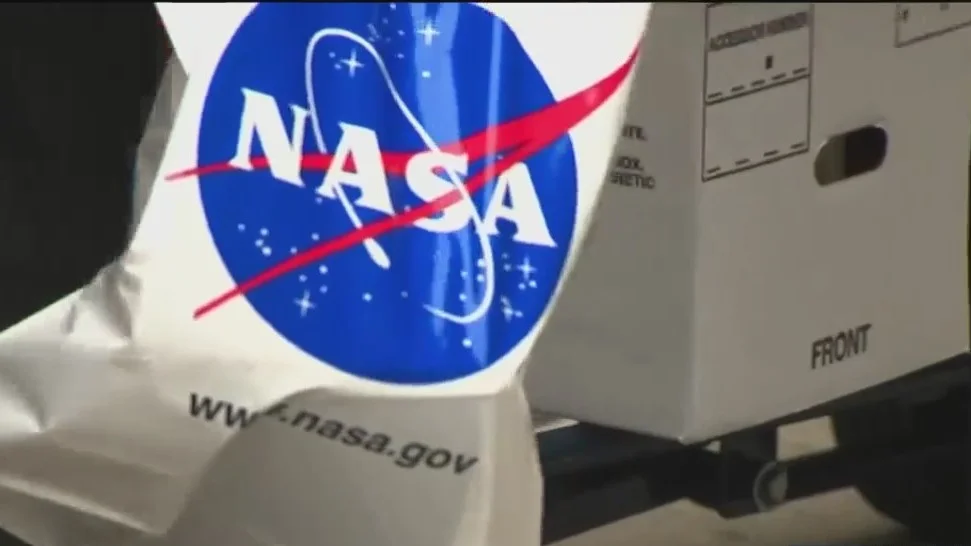
NASA’s NYC Science Hub Shuttered: Trump Admin’s Efficiency Drive or Attack on Climate Research?
A New York City-based NASA institute, the Goddard Institute for Space Studies (GISS), has been shuttered amidst claims of a Trump administration-led efficiency drive. But is this a move towards better governance, or a thinly veiled attack on climate change research? The closure has sparked controversy, raising questions about the future of Earth science and climate modeling efforts. The incident has stirred debate around the motivations behind it, triggering worries about the direction of scientific research under the previous administration.
GISS, a vital hub for Earth science and climate research for over half a century, found itself facing eviction. Located on Manhattan’s Upper West Side, GISS has been instrumental in advancing public awareness of anthropogenic climate change, contributing to weather forecasting, and supporting interplanetary missions. The institute's unexpected closure raises profound concerns about the continuity of its work and threatens groundbreaking research. Ironically, the eviction of GISS from its location may lead to increased expenses for taxpayers, further intensifying the controversy.
According to reports from Scientific American, the eviction was initiated following a review of government leases, prompted by an employee of the U.S. DOGE Service (formerly led by Elon Musk), under the Trump administration. This sudden move has resulted in over 100 staffers abandoning the facility.

Matt Biggs, president of the International Federation of Professional and Technical Engineers (IFPTE), NASA's largest union, decried the closure as "an attack on NASA." Biggs emphasized the lack of fiscal sense in the closure, given that the $3 million per year lease on the building remains in place through 2031, a cost ultimately borne by taxpayers. This move, critics argue, makes little sense from a research perspective.
GISS boasts a rich scientific history, contributing to milestones such as the theory of plate tectonics and playing a role in historic missions like Voyager. Its climate change records, dating back to the 1880s, proved invaluable during Hurricane Sandy in 2012. Now, boxes labeled "LONG TERM STORAGE/GISS LIBRARY" are being moved, raising concerns about the ultimate fate of these critical files.

The suddenness of the eviction has left GISS researchers stunned. A senior researcher lamented the logistical nightmare of moving a library, $400,000 worth of tech, and historical items, while another staffer questioned the discarding of reusable furniture. Protest letters highlighted the financial waste of dismantling a recently renovated conference room and a brand-new security system.
While NASA claims the closure is part of a government-wide review of leases, critics see it as part of a broader assault on science and higher education. The long-term impact on climate change research and the morale of researchers remains to be seen.
Is the shuttering of GISS a fiscally responsible move or a setback for scientific progress? What impact will this have on the future of climate research? Share your thoughts in the comments below.